Throckley





Counting on Katherine by Helaine Becker
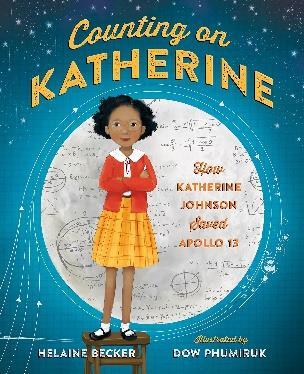
One Little Bird by Sheryl Webster
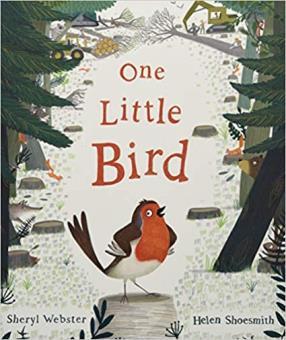
Under the Same Sky by Britta Teckentrup

The Invisible Boy by Trudy Ludwig Elmer by David McKee Stuck by Oliver Jeffers

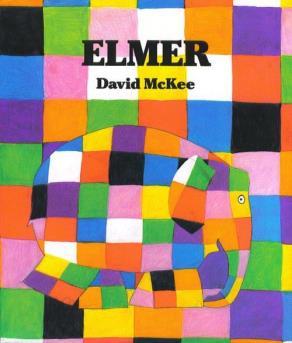
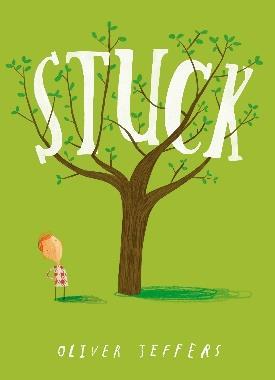


Y1: Letter, capital letter word, singular, plural, sentence punctuation, full stop, question mark, exclamation mark.
Y2: Noun, noun phrase, statement, question, exclamation, command, compound, suffix, adjective, adverb, verb tense (past, present) apostrophe, comma, past progressive.
Y3: Preposition, conjunction, word family, prefix, clause, subordinate clause, direct speech, consonant, consonant letter, vowel, vowel letter, inverted commas, present progressive

Determiner, Article, pronoun, possessive pronoun, adverbial.
Vocab to be introduced and repeated
Pronoun, omission, synonym, antonym possession, possessive pronoun inform, adverbial phrase, determiner, effect, form, language feature, metaphor, indicate, preposition, rearrange, script, source, synonym, tension, terminology, argue, emphasis, emotive language, onomatopoeia, non-standard English, Standard English, rhetorical question, counter argument, discuss, evaluate, article, clause, dependent, imply, personification, reinforce, sensory language, stanza, structure, style, terminology, suggest, point of view, tension, effect, develop, Biography, script, speech, stage direction, scene.

range
because,


Use commas after fronted adverbials.
Indicate possession by using the possessive apostrophe with plural nouns.
Use and punctuate direct speech.
Use and understand grammatical terminology appropriately when discussing writing and reading.
Learn about some differences between Standard English and non-Standard English.
Plan:
Discuss different text types understanding their structure, vocabulary and grammar.
Discuss and record ideas about different text types.
Compose and rehearse sentences orally in order to build a varied and rich vocabulary.
Draft:
Draft and write by organising paragraphs around a theme in narrative creating setting, characters and plot.
Draft and write by organising paragraphs around a theme in non narrative material using simple organisational devices.
Evaluate:
Assess the effectiveness of own and others’ work, proposing changes to grammar and punctuation to improve consistency including accurate use of pronouns.
Proof read for spelling and punctuation errors.
Read aloud own writing to a group or whole class with appropriate intonation, tone and volume.
To write for a real range of purposes and audiences which should underpin decisions about the form the writing should take such as narrative, explanation or description.
To monitor whether their own writing makes sense.


Using the Read Write Inc scheme, class teachers will deliver numerous spelling sessions weekly using the workbooks to ensure success and confidence in reading, writing and spelling.
Use further prefixes and suffixes and understand how to add them.
Spell further homophones.
Spell words which are often misspelt (English Appendix 1).
Place the possessive apostrophe accurately in words with regular plurals (girls’, boys’) and irregular plurals (children’s).
Use the first two or three letters of a word to check its spelling in the dictionary.
Write, from memory, simple sentences dictated by the teacher that include words and punctuation taught so far.
Learn to spell new words correctly and spend time practising new spellings.
To have a significant knowledge of spelling in order to use dictionaries effectively.
In order to ensure pupils develop their handwriting and have pride in their work, regular, pacey handwriting sessions will be taught weekly by class teachers following the scheme PenPals. Alongside these sessions, class teachers will continue uphold high expectations for presentation in all work books and provide additional interventions if or when needed.
Use the diagonal and horizontal strokes that are needed to join letters and understand which letters, when adjacent to on another, are better left unjoined.
Increase the legibility, consistency and quality of their handwriting.
Use joined handwriting in their independent writing.
Throughout the year, class teachers will plan, teach and assess in line with the objectives and vocabulary outlined above. Working alongside Jane Considine’s The Write Stuff approach, children will discover a range of exciting, purposefully-selected texts (please see Year 4’s Reading Library below) to help support and develop their reading, spelling, handwriting and writing skills in order to become confident within their year group’s curriculum and instil a love and passion for the world of English.
For more information on how English is taught and delivered at Throckley Primary School, please see the document: English Intent, Implement, Impact.
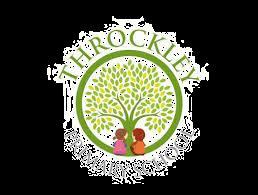

Year 4 English Curriculum Overview
Purposes studied: To entertain, to persuade, to discuss and to inform.
Week 1
Classics Study: Treasure Island
By Robert Louis StevensonWeek 2
Writing Outcome: Descriptive Narrative/ To entertain (Setting of Treasure Island)
Week 3 Charlie and the Chocolate Factory By Roald Dahl
Week 4
Week 5
Writing Outcome: Diary Entry To inform (Charlie’s perception walking to and into the Chocolate Factory)
Week 6
Spring 2 Summer
Stitch Head
By Guy BassWriting Outcome: Debate To discuss (Should animals be allowed to be used in the circus?)
Earthshattering Events! By Sophie WilliamsWriting Outcome: Explanation text To inform (Linked to topic volcanoes/ earthquakes)
Writing Outcome: Poetry To entertain (Nonsense Poetry)
The Train to Impossible Places
By P.G Bell2
Oliver Twist
7
8
Fiction Non-fiction Poetry
SAL outcome: Discussion within a debate
Link to geographyWhy do some natural disasters do more damage than others?
Writing Outcome: Persuasive writing To persuade (To visit one of the magical places)
Writing Outcome: Narrative writing To entertain (Finish the story/write next chapter)
Stitch Head By Guy BassWriting Outcome: Poetry To entertain (Introduction to a chapter)
SAL outcome: Performing Poetry
Survivors
By David LongWriting Outcome: Newspaper Report To inform (A real survivor of a natural disaster)
Link to geographyWhy do some natural disasters do more damage than others?
Stuart Little By E.B WhiteWriting Outcome: Narrative To entertain. The Train to Impossible Places
By P.G BellWriting Outcome: Persuasive advert To persuade (Suzi creates a poster/advert to come on the magical train)
Link to historyDid the Victorian Empire benefit everyone?
Information texts about pioneering scientists
Writing Outcome: Biography To inform (Fact file of a pioneering scientist)


Reading will remain a priority throughout the year, with a particular focus on instilling a love of books. Class teachers will regularly teach the below objectives through reading lessons, book talk discussions, English lessons, cross-curricular opportunities, and home time reading.
Apply their growing knowledge of root words, prefixes and suffixes (etymology and morphology) both to read aloud and to understand the meaning of new words they meet.
Read further exception words, noting the unusual correspondences between spelling and sound, and where these occur in the word.
When reading longer words, they are supported to try out different pronunciations and attempt to math what they decode to words they may have heard but may not have seen in print. Comprehension
Listening to and discussing a wide range of fiction, poetry, plays, non-fiction and reference or text books.
Reading books that are structured in different ways and reading for a range of purposes.
Using a dictionary to check the meaning of words that they have read.
Increase their familiarity with a wide range of books, including fairy stories, myths and legends, and retelling some of these orally.
Identifying themes and conventions in a wide range of books.
Prepare poems and play scripts to read aloud and to perform, showing understanding through intonation, tone, volume and action.
Discussing words and phrases that capture the reader’s interest and imagination.
Recognising some different forms of poetry (e.g. free verse, narrative poetry).
Checking that the text makes sense to them, discussing their understanding and explaining the meaning of words in context.
Asking questions to improve their understanding of a text.
Drawing inferences such as inferring characters’ feelings, thoughts and motives from their actions, and justifying inferences with evidence.
Predicting what might happen from details stated and implied.
Identifying main ideas drawn from more than one paragraph and summarise these.
Identifying how language, structure and presentation contribute to meaning.
Retrieve and record information from a range of text types.
Participate in discussion about both books that are read to them and those they can read for themselves, taking turns and listening to what others say.
Recognise themes in what they read, such as the triumph of good over evil or the use of magical devices in fairy tales.
In non-fiction, children know what information they need to look for before they begin. They use contents pages and indexes to locate information.


